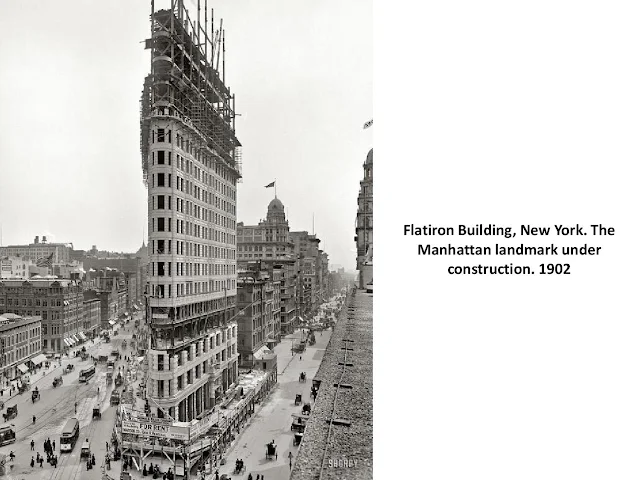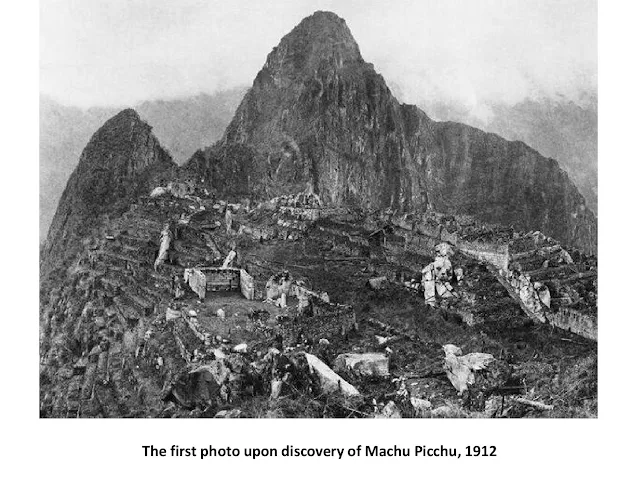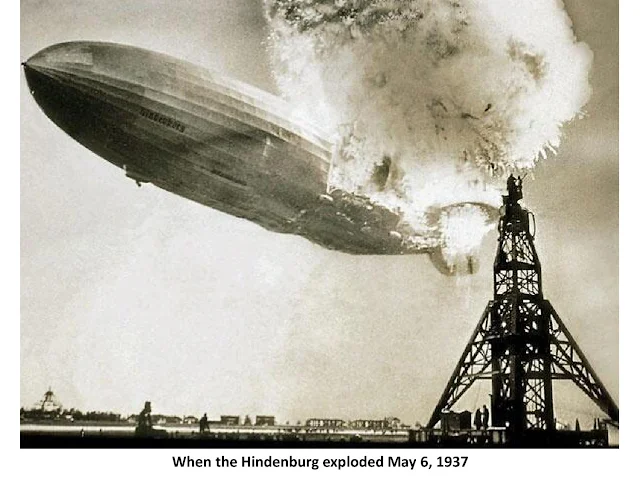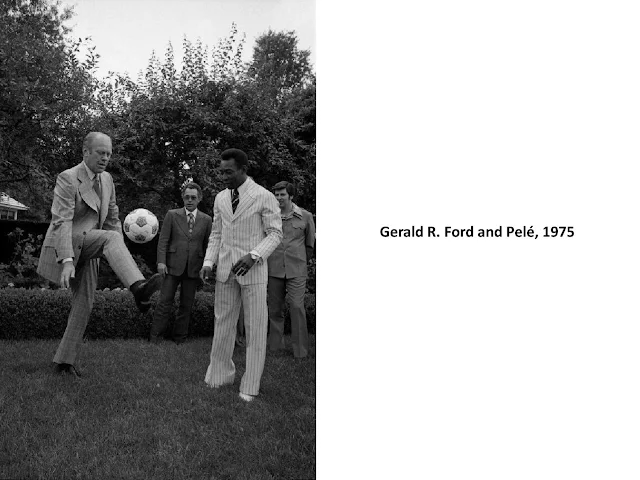Director: Avinash Arun Dhaware
Memory changes with time, but time is independent of memory. Time, a construct of man, moves on as our Universe expands toward entropy, with or without our existence. The memory we hold so dear to our hearts has become our badge of honour as we traverse through life. Our memories of life are our crowning glory. In our minds, as far as our life is concerned, time fits into the concept of Sasa and Zamani as described by JS Mbiti as an African concept of time.
Sasa covers a time already experienced and an extremely brief future. Our Sasa, the memory of the past, becomes more significant as we spend more time on Earth. It goes on as long as we, as an individual or a community, can remember an event or someone. After that, Sasa goes into Zamani, the graveyard of time where everything ends. The memory of loved ones and ancestors lives on in Sasa as they are reminded of them through regular rituals and anniversaries.
Hence, in African philosophy, there is no concept of the future. We live in the past as far as memory takes and the immediate near-future in front of us. The idea of a distant future, of an afterlife, is alien.
The past is nothing but the human mind as it remembers, the present is nothing but the human mind as it considers, and the future is the human mind in expectation.
At the end of time, we take a bow with the memories of everything we have experienced, endeavoured, and achieved in our lifetimes. This must be our parting gift as we wither away into the horizon, soon out of sight and eventually out of our memory.
Losing our memory before our time is out can be devastating. By right, the physical body would wither away long before the thinking faculty fizzles out. Occasionally, our insight goes kaput. That is a problem, not for us, but for people around us as we misbehave in situations around us. But to count the days knowing very well that all that we understand and all the memories we have built in our memory cloud will be erased incrementally in the imminent future can be nerve-wracking. This film is the story of one such lady who is diagnosed with early-onset dementia.
After learning about her medical condition and probably taking early retirement from her job at a divorce court, she decides to return to the town she grew up. She had been putting off her plans to return for a long time. After getting embroiled in family life and work and bringing up her son, who is now 19, in engineering school.
Maybe because her doctors are unable to tell her how fast her memory would go blank, she has a compelling need to revisit the home where she grew up. Her family had left the house in a sudden after a family tragedy. She never really had a proper farewell from her friends and had lost contact.
Shailaja's intentions of returning to her roost are to reinforce her good memories of her school days, to reconnect with her schoolmates, and to revisit her family home. Her husband follows her on her week-long trip. She wanted to reinforce these memories before they faded for good.
Like an onion, layer by layer, her backstory comes to the fore; of her sister who had an accidental drowning at the family well, her secondary school romantic crush and the little memories here and there which did not mean much then, but looks like a gem now, lost forever.
The whole presentation is laid out in a well-composed, slow-moving, mature pace without much masala or melodrama. The men (husband and childhood friend) are civil, and so are the childhood friend's wife and the rest of the occupants of her village.
We all look at our past and go under the false impression that our earlier life had been so fine. We lament the good old days forever and wish to turn back the clock. Boy, do I have news? Only when we go back and relive the life we once had do we realise that life was never a walk in the park at any time. We had our struggles and our lows. It is just that our mind prunes off all those unpleasant experiences. We are never happy!
























































